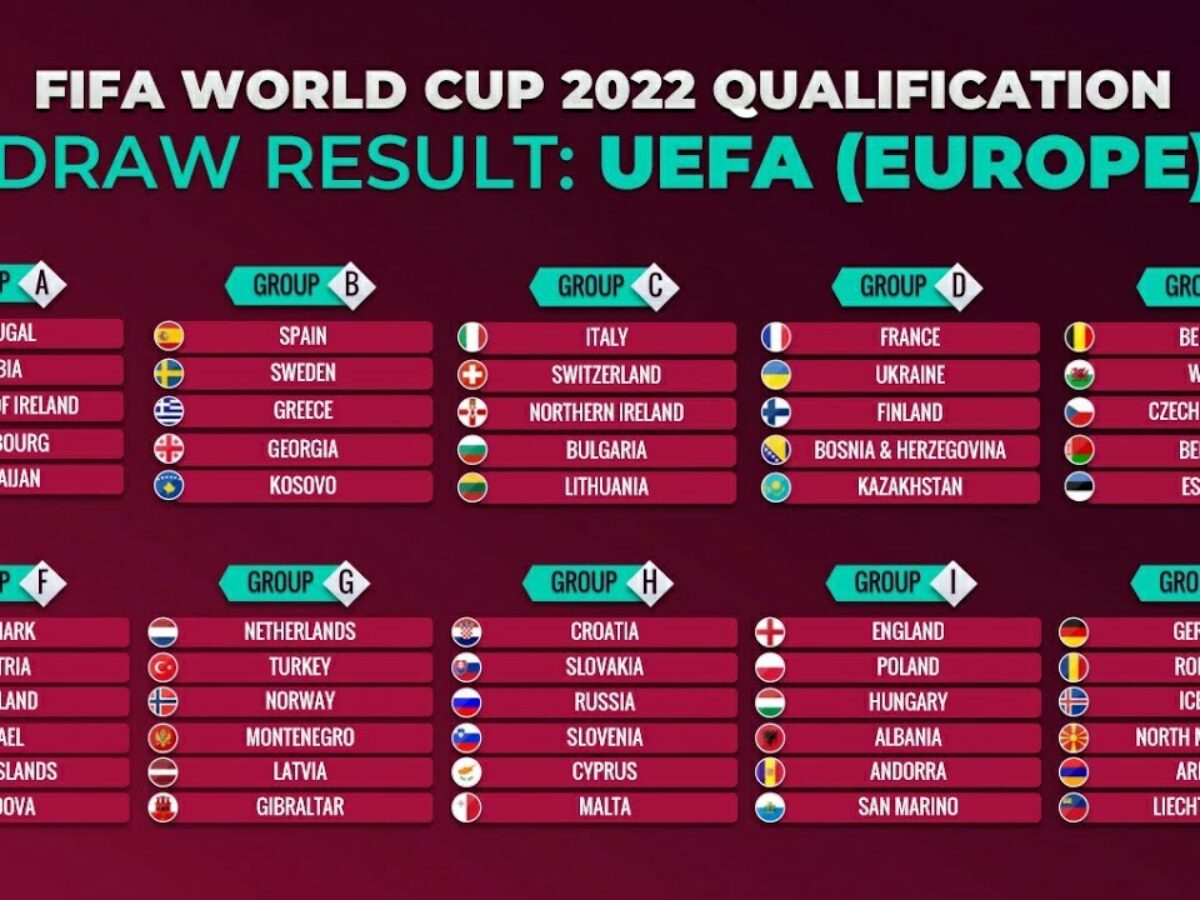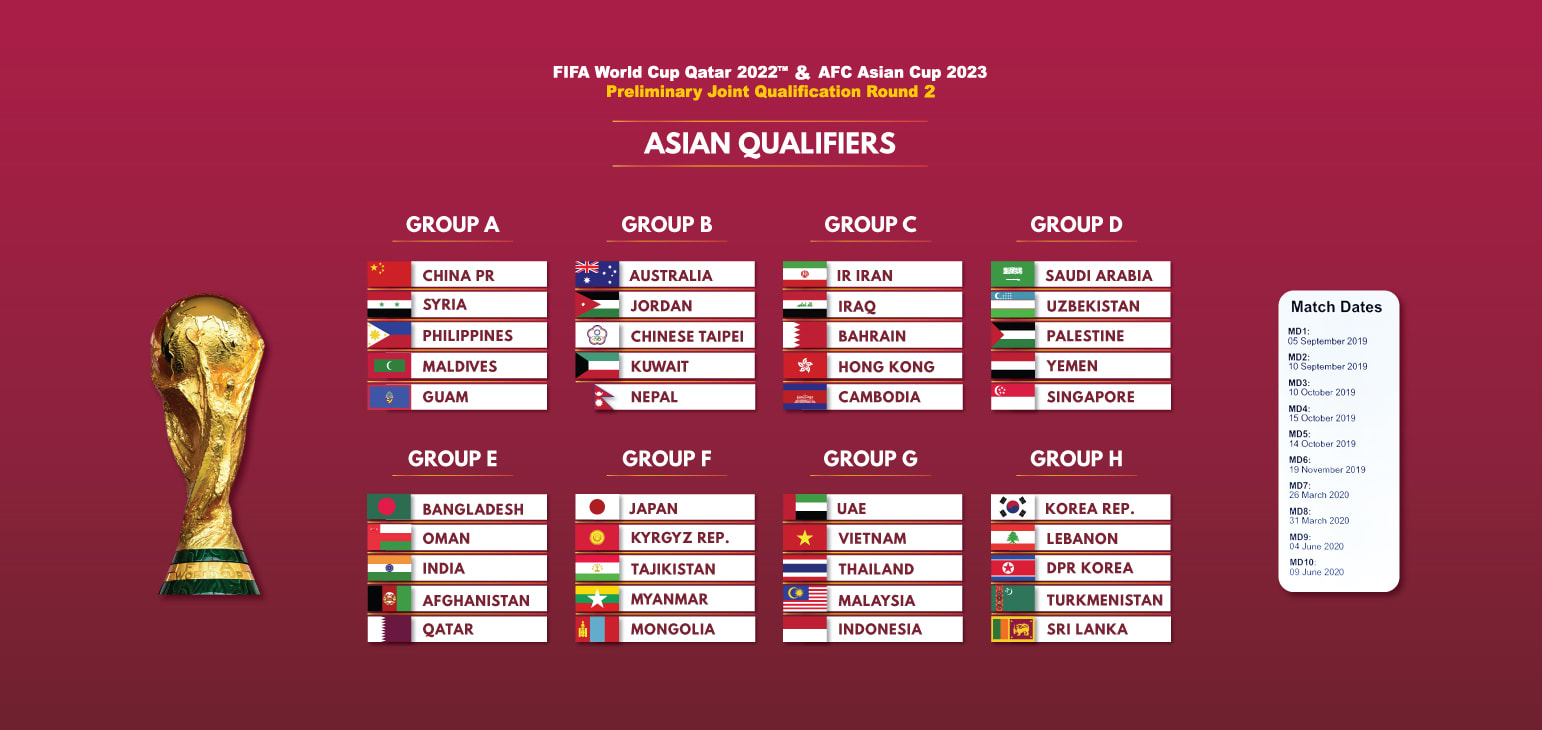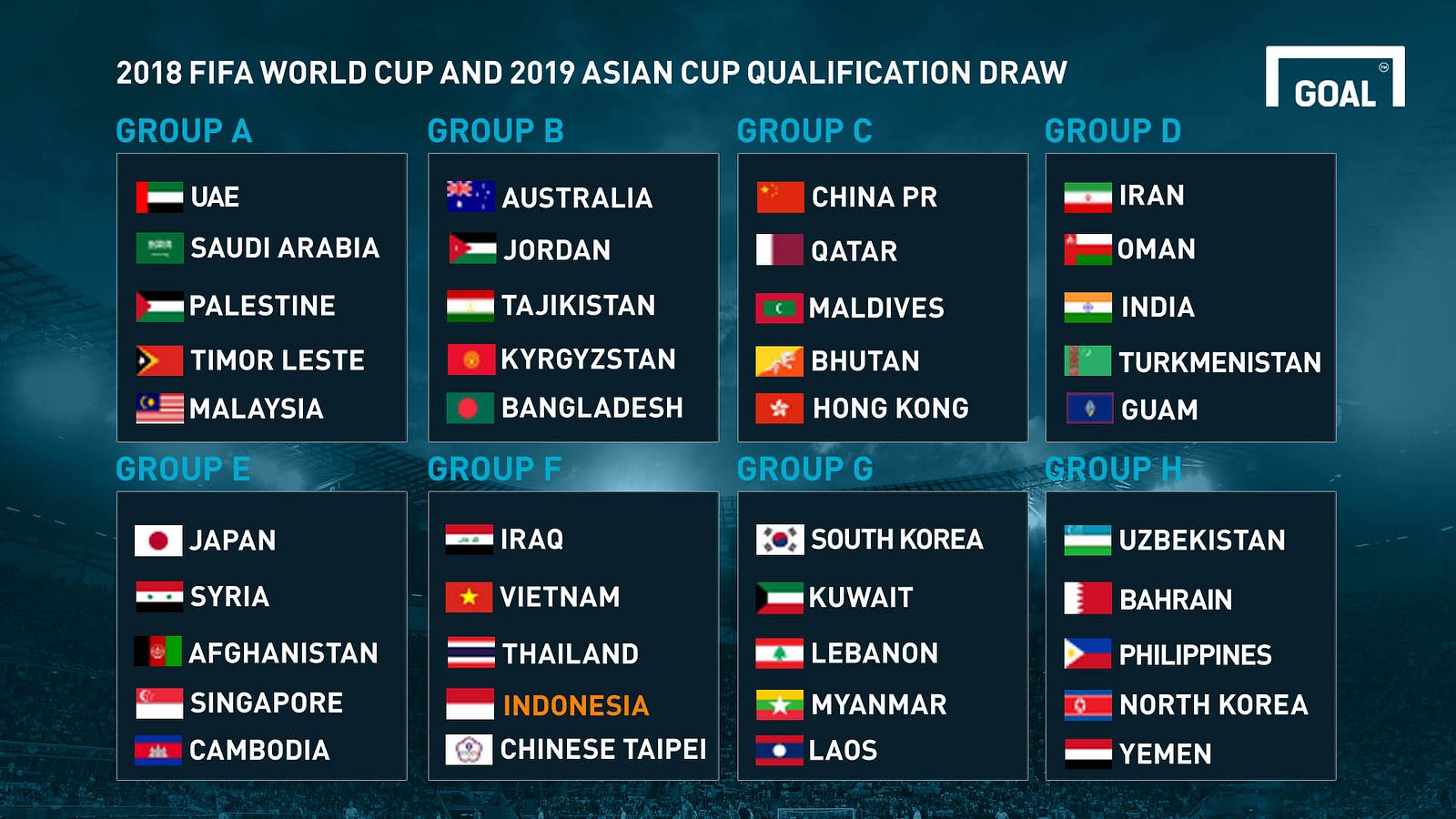Historical Overview of World Cup Qualifiers

The FIFA World Cup Qualifiers, a prestigious tournament preceding the FIFA World Cup, has played a pivotal role in shaping the global football landscape. Its inception marked the beginning of a structured and competitive pathway for nations to earn a coveted spot in the quadrennial extravaganza.
In the realm of world cup qualifiers, one of the most anticipated clashes is the showdown between the United States and Colombia. The two powerhouses will face off in a pivotal match that could shape their respective paths to Qatar 2022.
The USA vs Colombia encounter promises to be a thrilling spectacle, as both teams boast an array of talented players and a deep-rooted passion for the beautiful game. The outcome of this match will undoubtedly have a profound impact on the world cup qualifiers, setting the stage for an even more intense battle for supremacy in the months to come.
The inaugural World Cup Qualifiers, held in 1934, featured a limited number of teams competing in a single-elimination format. Over the decades, the tournament has undergone significant evolution, with the introduction of group stages, regional confederations, and expanded qualification slots.
The world cup qualifiers are heating up, with some of the most exciting matches taking place in South America. One of the most anticipated matches is the colombia vs usa match. Both teams are coming off of impressive performances in their previous matches, and the stakes are high as they look to secure a spot in the world cup.
The match is sure to be a close one, and it could have a major impact on the outcome of the qualifiers.
Format and Qualification Criteria, World cup qualifiers
The format and qualification criteria for the World Cup Qualifiers have varied throughout its history. In the early years, teams were often selected based on their FIFA ranking or through invitations. As the tournament gained popularity, regional confederations were established, and each confederation was allocated a specific number of qualification slots based on the strength of their member nations.
Today, the World Cup Qualifiers typically consist of a series of group stages followed by playoffs or intercontinental playoffs. Teams are drawn into groups based on their FIFA ranking, and the top teams from each group advance to the next round.
Impact on Football Development
The World Cup Qualifiers have had a profound impact on the development of football worldwide. The tournament has provided a platform for smaller nations to showcase their talent and compete against the world’s best teams. It has also fostered a sense of national pride and unity, inspiring young players to pursue their football dreams.
Furthermore, the World Cup Qualifiers have contributed to the globalization of football. The tournament has introduced fans around the world to new players, teams, and styles of play, helping to break down cultural barriers and promote understanding through the shared love of the game.
Analysis of Qualification Process and Strategies

The qualification process for the World Cup is a complex and competitive one, with teams from all over the world vying for a spot in the tournament. The process is overseen by FIFA, the international governing body for football, and is divided into six regional confederations: AFC (Asia), CAF (Africa), CONCACAF (North and Central America and the Caribbean), CONMEBOL (South America), OFC (Oceania), and UEFA (Europe).
Each confederation has its own qualification process, which typically involves a series of rounds of play. In the first round, teams are typically divided into groups of four or five teams, with the top teams from each group advancing to the next round. The second round usually involves a knockout format, with the winners of each tie advancing to the final round. The final round is typically a single-elimination tournament, with the winners of each tie qualifying for the World Cup.
The qualification process is a challenging one, and teams must often overcome a number of obstacles in order to qualify for the World Cup. These obstacles can include:
* Team strength: The strength of a team’s opposition can have a significant impact on its chances of qualifying for the World Cup. Teams from stronger confederations, such as UEFA and CONMEBOL, typically have an easier time qualifying than teams from weaker confederations, such as OFC and CAF.
* Geographical location: The geographical location of a team can also affect its chances of qualifying for the World Cup. Teams from countries that are located close to each other often have an advantage over teams from countries that are far apart. This is because teams from neighboring countries can often play more matches against each other, which can help them to build up their experience and improve their chances of qualifying.
* Political alliances: Political alliances can also play a role in the qualification process. Teams from countries that have strong political alliances with each other often have an advantage over teams from countries that do not. This is because teams from allied countries can often count on each other’s support during the qualification process.
Despite the challenges, the qualification process is also an opportunity for teams to develop and improve. Teams that are able to overcome the obstacles and qualify for the World Cup often gain valuable experience and confidence, which can help them to perform well in the tournament itself.
Strategies for Qualifying for the World Cup
There are a number of strategies that teams can employ to increase their chances of qualifying for the World Cup. These strategies include:
* Building a strong team: The most important factor in qualifying for the World Cup is to have a strong team. This means having a team that is composed of talented players who are able to work well together.
* Developing a clear game plan: Teams need to have a clear game plan for each match they play. This plan should include a strategy for attacking and defending, as well as a plan for dealing with different types of opponents.
* Staying focused and motivated: The qualification process is a long and challenging one, and teams need to stay focused and motivated throughout the process. Teams that are able to maintain their focus and motivation are more likely to overcome the obstacles and qualify for the World Cup.
Challenges and Opportunities Faced by Teams During the Qualification Process
Teams face a number of challenges and opportunities during the qualification process. These challenges and opportunities include:
Challenges:
* The competition is fierce: The qualification process is a competitive one, and teams must often overcome a number of obstacles in order to qualify for the World Cup.
* The schedule is demanding: The qualification process can be a demanding one, with teams often playing multiple matches in a short period of time.
* The pressure is high: The pressure to qualify for the World Cup can be high, and teams must be able to handle the pressure in order to succeed.
Opportunities:
* The experience is valuable: The qualification process can be a valuable experience for teams, as it can help them to develop and improve.
* The exposure is global: The qualification process can provide teams with global exposure, which can help them to attract new fans and sponsors.
* The prize is great: The prize for qualifying for the World Cup is great, as it is the most prestigious tournament in football.
Teams that are able to overcome the challenges and seize the opportunities during the qualification process are more likely to achieve their goal of qualifying for the World Cup.
Notable Performances and Controversies

The World Cup Qualifiers have witnessed countless remarkable performances and controversial moments that have shaped the tournament’s history. These events have captivated audiences, sparked debates, and left an enduring legacy on the global football landscape.
From individual brilliance to collective triumphs, the Qualifiers have provided a stage for teams and players to showcase their skills and determination. These performances have not only secured berths in the World Cup but have also etched the names of players and teams into the annals of football history.
Individual Performances
Throughout the history of the Qualifiers, numerous individual players have emerged as heroes for their nations. Their exceptional skills, leadership, and determination have propelled their teams to success. Some of the most notable individual performances include:
- Pele (Brazil, 1958 Qualifiers): At just 17 years old, Pele burst onto the world stage with a stunning performance in the 1958 Qualifiers. He scored six goals in four matches, including a hat-trick against Argentina, helping Brazil secure their place in the World Cup.
- Diego Maradona (Argentina, 1986 Qualifiers): Maradona’s iconic performance in the 1986 Qualifiers is widely regarded as one of the greatest individual displays in the history of the tournament. He scored five goals in six matches, including two against England in the infamous “Hand of God” match.
- Cristiano Ronaldo (Portugal, 2014 Qualifiers): Ronaldo’s record-breaking performance in the 2014 Qualifiers saw him score eight goals in eight matches, helping Portugal secure their place in the World Cup. His goals included a stunning hat-trick against Northern Ireland in the final qualifying match.
Controversial Moments
The World Cup Qualifiers have also been marked by their fair share of controversies. These incidents have ranged from officiating errors to allegations of match-fixing and have often left a lasting impact on the tournament.
- “The Hand of God” (Argentina vs. England, 1986 Qualifiers): One of the most infamous moments in football history, Diego Maradona’s handball goal against England in the 1986 Qualifiers remains a subject of heated debate. The goal, which was later dubbed the “Hand of God,” gave Argentina a 1-0 lead and ultimately helped them win the match.
- “The Ghost Goal” (Ukraine vs. England, 2009 Qualifiers): In a crucial qualifying match for the 2010 World Cup, England was denied a legitimate goal when Frank Lampard’s shot clearly crossed the line but was not given by the referee. The incident sparked outrage and led to calls for the introduction of goal-line technology.
- “The Suarez Bite” (Uruguay vs. Italy, 2014 Qualifiers): Luis Suarez’s infamous bite on Giorgio Chiellini during the 2014 Qualifiers sent shockwaves through the football world. The incident resulted in a nine-match ban for Suarez and cast a shadow over Uruguay’s qualification campaign.
These notable performances and controversies have left an indelible mark on the World Cup Qualifiers. They have shaped the tournament’s narrative, generated intense debate, and contributed to its enduring appeal as one of the most captivating events in global football.
The road to the World Cup is long and arduous, with teams from all over the globe vying for a spot in the coveted tournament. While the Copa America may not be a direct qualifier for the World Cup, it provides a valuable opportunity for teams to test their mettle against some of the best in the region.
The tournament also offers a glimpse into the form and fitness of players who could potentially make a difference in the World Cup qualifiers.
As the world cup qualifiers continue to unfold, all eyes are on the crucial match between argentina vs ecuador. With both teams vying for a spot in the tournament, this high-stakes encounter promises an intense battle on the pitch.
The outcome of this match will have a significant impact on the overall standings and the teams’ chances of advancing to the world cup.
The world cup qualifiers are heating up, with some of the most exciting matches taking place between teams from different continents. One of the most anticipated matchups is the mexico vs brasil game. Both teams are considered to be among the favorites to win the World Cup, and their match is sure to be a close one.
The winner of this match will have a significant advantage in the race to qualify for the World Cup, and it will be a major boost to their confidence. The world cup qualifiers are always a time of great excitement and anticipation, and this year’s qualifiers are sure to be no different.